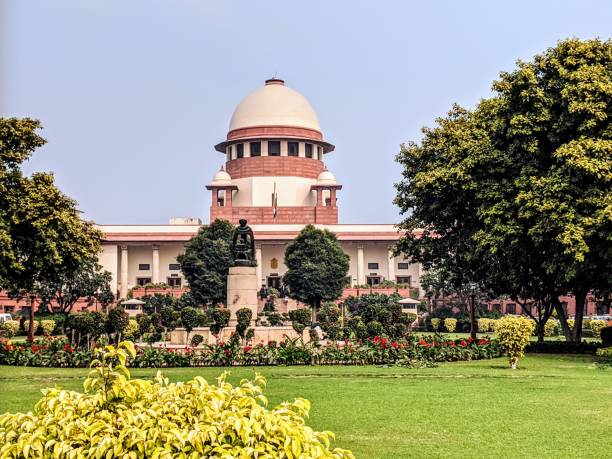


In a outstanding judgment conveyed on September 4, 2024, the Preeminent Court of India in Crl.A. No.-001348-001348/2014 (Nitya Nand vs. State of Uttar Pradesh) tended to the complexities encompassing criminal requests and procedural complexities inalienable in cases including genuine charges beneath Indian Corrective Law. The case serves as a basic examination of the legal handle, especially the shields that guarantee reasonableness in criminal trials.
Case Background
The case of Nitya Nand stems from charges exacted beneath different segments of the Indian Corrective Code, counting Segments 302 (kill) and 307 (endeavor to kill). The appealing party, Nitya Nand, had been sentenced by the trial court, a choice afterward maintained by the Tall Court of Uttar Pradesh. The conviction was based on a combination of observer declaration, scientific prove, and circumstantial variables. Nitya Nand along these lines requested to the Incomparable Court, challenging both the legitimacy of the prove and the application of lawful standards by the lower courts.
Legal Matters
The following concerns dominated the Supreme Court's decision: Evaluation of the Evidence: The appropriate assessment of the evidence that was given throughout the trial was one of the main concerns in this case. The appellant contended that an injustice had occurred as a result of the trial court's and the High Court's incorrect reliance on dubious evidence.
Application of Legal Standards: The appellant argued that, especially with regard to circumstantial evidence and the burden of proof necessary in criminal cases, the legal standards used by the lower courts were in conflict with accepted law.
Procedural Fairness: The defense said that procedural errors had tainted the verdict, making this another important point of contention about whether the appellant had a fair trial.
Supreme Court Observation
The Incomparable Court, in its nitty gritty examination, underscored the significance of following to thorough guidelines in criminal trials. The Court emphasized that "the burden of confirmation in criminal cases lies exclusively on the indictment, and any deviation from this guideline undermines the judgment of the legal handle." This explanation reflects the Court's commitment to guaranteeing that feelings are based on indisputable prove, free from question.
Encourage, the Court expounded on the nature of circumstantial prove, expressing, "In cases resting on circumstantial prove, the chain of circumstances must be so total that there's no elude from the conclusion that inside all human likelihood, the wrongdoing was committed by the charged." This attestation emphasizes the tall edge required to maintain a conviction based exclusively on circuitous prove.
Conclusion
Consequently, the Court reversed the verdict and cleared Nitya Nand of all accusations. The basic ideas that guide India's criminal justice system are poignantly brought to light by this ruling. It reaffirms that the burden of proof and procedural justice are indisputable elements of any criminal trial.
Click Here to: Download/View Related File
TAGS: Supreme Court of India criminal appeal procedural fairness burden of proof circumstantial evidence Nitya Nand State of Uttar Pradesh criminal justice system